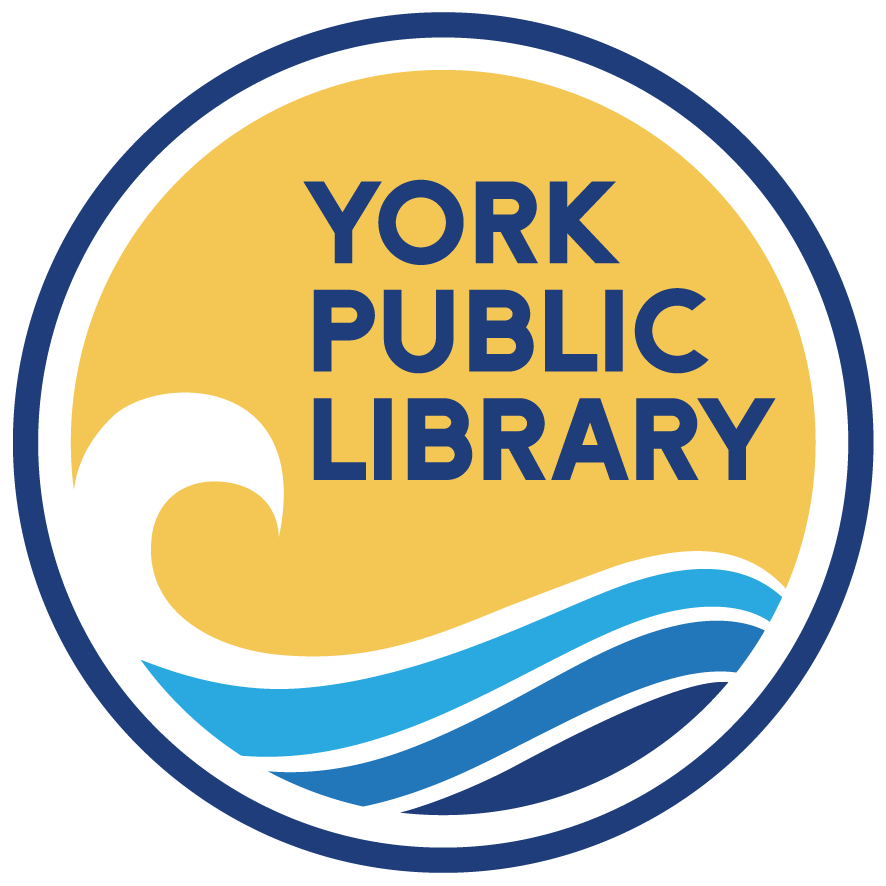Program Type:
OtherAge Group:
AdultsProgram Description
Event Details
Most people know the American history they learned from the textbooks they studied in high school. These books tell the story of the United States, generally starting with Jamestown and Plymouth, when white men and women arrived in North America and started English colonies.
The 1619 Project departs from that story. It asserts that American history began when white people brought the first enslaved Africans to what would become the United States. The 1619 Project assumes that African Americans, and the institution of slavery, are so central to the country that took shape here that the moment they arrived, enslaved, is the moment of this country’s origin. That assertion has proven to be extremely controversial to many Americans, who believe that there is one American story, and that 1619 isn’t it.
Professional historians know that there are many ways to tell the story of the United States—or any story, really. This session will explain what professional historians do (essentially use artifacts to construct stories of the past and argue with each other about them), and apply it to The 1619 Project. Participants will start with the notion that there are many ways to tell a story, and explore what this means for American history, and increasingly for American politics.
Julie Weiss holds a Ph.D. in American Studies from Brown University. Her academic expertise was US Women’s History and media analysis, and she taught media studies at Hampshire College and the University of New Hampshire before embarking on a career as an education writer, focusing on curriculum, textbooks, and student assessment. She has since shifted her fascination with people’s stories to a career as a hospice social worker.
York Diversity Forum was founded in 2003 by members of the York Community who were concerned about local issues of discrimination and prejudice. We seek to promote awareness, understanding, and acceptance of diversity through education and advocacy. We envision a community that is open and integrated--where all people and ideas are welcome. We encourage members to respect one another’s ideas and opinions. We are open to points of view that may differ from our own.
